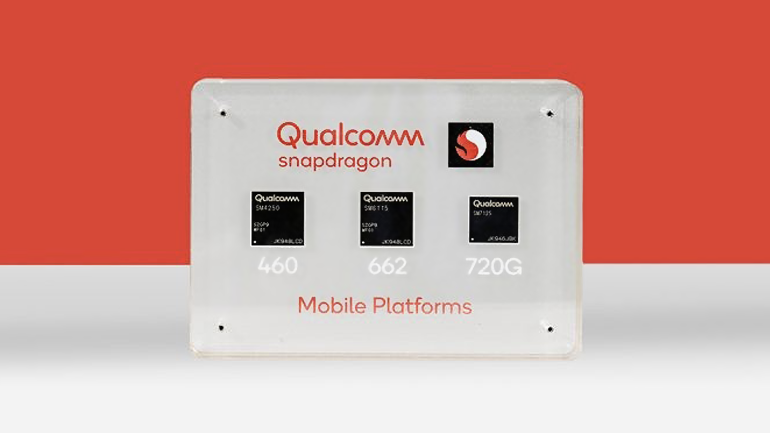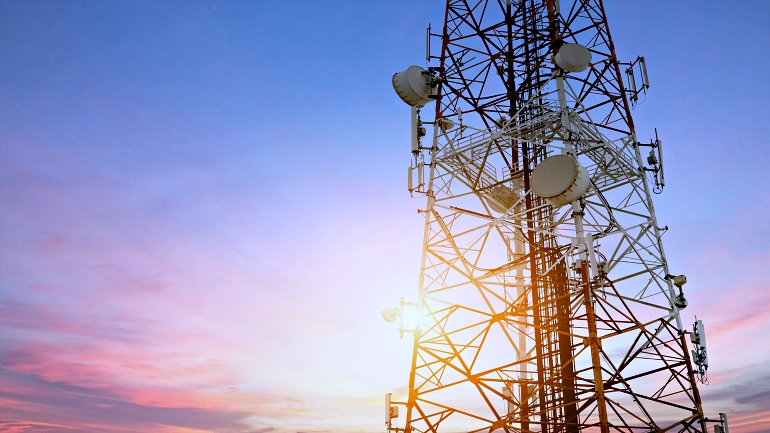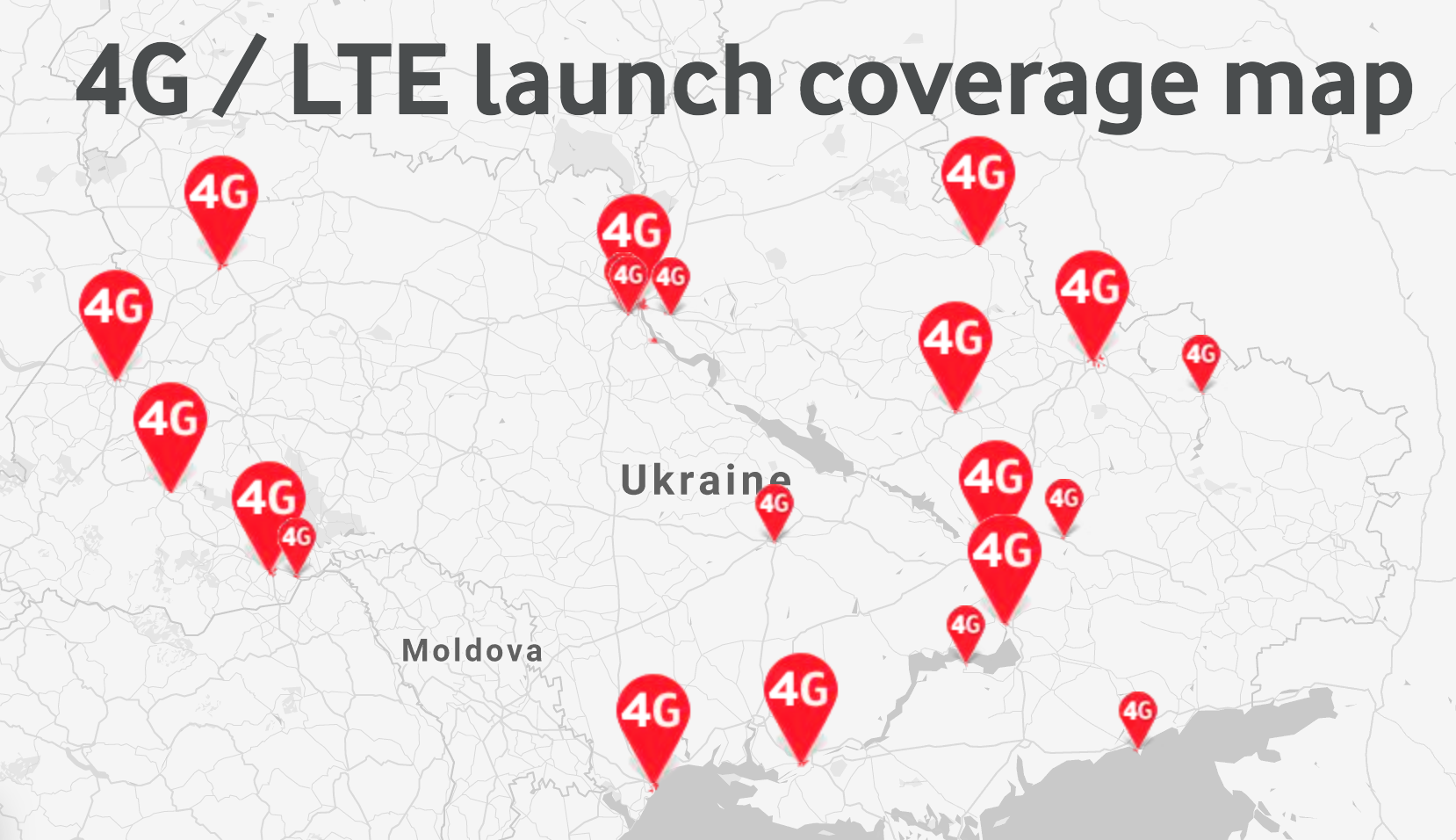The next-generation wireless technology for digital cellular networks is steadily gaining traction, with significant implementations under way. All of the major carriers are rolling out their 5G networks, targeting large cities that crave super speeds, virtually lag-free connections, extended coverage and other great benefits that are made available by this advanced technology. 5G has already been launched in many different locations around the world, but it is still considered to be in its initial stages. All of the US carriers have now launched some form of 5G cellular network. But what exactly is 5G, how fast is it compared with 4G, what will it bring to VoIP applications, and what are the benefits and drawbacks of this innovative technology? Let’s take a look at 5G in more detail. What is 5G? 5G stands for fifth-generation cellular wireless and is the next generation of telecom networks that entered the…
Even though fifth generation mobile communications technology is set to go mainstream, 4G, also known as LTE, isn’t going away any time soon. With this in mind, it is not surprising that manufacturers of telecom equipment continue to develop 4G-focused smartphone processors. US-based Qualcomm Technologies has launched three new Snapdragon mobile platforms aimed at 4G smartphone manufacturing companies. The Qualcomm Snapdragon 720G, 662 and 460 chipsets have been created to enhance user experiences across connectivity, gaming and entertainment applications. In a statement, the company said that these new mobile platforms provide high-speed 4G connectivity, deliver key Wi-Fi 6 features and integrated Bluetooth 5.1 with advanced audio via the Qualcomm FastConnect 6-series subsystems, support Dual-Frequency (L1 and L5) GNSS to improve location positioning accuracy and reliability, and are the first system-on-chip products to support Navigation with Indian Constellation (NavIC) satellite positioning system. Qualcomm said the new Snapdragon platforms also…
Samsung Electronics has completed an agreement to acquire network services provider TeleWorld Solutions (TWS). Headquartered in Chantilly, Virginia, TWS provides network design, testing and optimization services to mobile service and cable operators, equipment OEMs and other companies in the United States. This acquisition is expected to help Samsung address the need for end-to-end support in delivering network solutions aimed at upgrading the 5G and 4G LTE networks, and providing connectivity service advancements in the US. Paul Kyungwhoon Cheun, Executive Vice President and Head of Networks Business at Samsung Electronics, said, “The acquisition of TWS will enable us to meet mobile carriers’ growing needs for improving their 4G and 5G networks, and eventually create new opportunities to enhance our service capabilities to our customers. Samsung will continue to drive innovation in communications technology, while providing optimization services for network deployments that accelerate US 5G network expansion.” Under the agreement,…
An independent news platform Telecoms.com has recently published its Annual Industry Survey 2019, with the main focus being on topics such as industry updates, 5G rollout, digital transformation, the Internet of Things (IoT), as well as the modernization of Operations Support Systems (OSS) and Business Support Systems (BSS). The survey, covering the industry landscape over the last 12 months and projecting into 2020, has revealed an optimistic forecast that is mainly supported by the launch of 5G commercial services, innovations and progress in other important areas of the industry. According to the report, the single biggest change in the industry landscape over the past year was the deployment of commercial 5G services in different parts of the world. Regardless of the fact that the best-selling service is high-speed Internet access (mobile and fixed), B2B services, including 5G serving other vertical industries, will undoubtedly play a much more significant role…
Vodafone has made a move that could put an end to the global dominance of the three main telecom equipment providers – Huawei, Ericsson and Nokia – by starting trials on open access radio technology in the UK. The company is the first wireless carrier to run European tests of Open Radio Access Networks (OpenRAN), a cellular infrastructure technology that may increase the number of companies supplying telecom network equipment and assist in connecting more of the world’s most remote communities using lower cost systems. In a statement, Vodafone said that “the global supply of telecom network equipment has become concentrated in a small handful of companies over the past few years” and added that a wider choice of suppliers will increase flexibility and innovation, thus helping to address some of the cost challenges of internet services in rural communities. Telecom operators use RAN infrastructure, masts and antennae…
The Japanese mobile operator NTT Docomo Inc. and a multinational cyber security and defense company Trend Micro Inc. have announced the launch of a service designed to protect Internet of Things (IoT) devices running on Docomo’s mobile network. The new Cloud Platform Network Security Service from Docomo, which uses Trend Micro’s security platform, will enable the “first-of-its-kind protection” for IoT networks. The provided user-friendly security shield will mainly target Docomo’s customers who are building infrastructure-as-a-service (IaaS) environments. Akihiko Omikawa, Executive vice president at Trend Micro, said, “The promise and potential of 5G has the world waiting but let me issue a warning for the need for extra protection. Smarter endpoints mean a greater cyber risk to manage. We’re delighted and proud that our technology meets the needs of this global mobile phone leader. Together our joint solution delivers cloud infrastructure capabilities integrated with IoT-ready security customized for modern data centers.”…
Global satellite operator Telesat, the Vodafone Group and the University of Surrey in the UK, have successfully accomplished the world’s first 5G backhaul demonstration deploying a Low Earth Orbit (LEO) communications satellite. This successful trial demonstrates that LEO satellites are able to provide efficient backhaul transport channels for mobile network operators (MNOs), including for 5G advanced services. During the live test conducted by these partners in April, Telesat’s Phase 1 LEO satellite was connected to the University of Surrey’s 5G testbed network, with the support of specialist Vodafone engineers. Vodafone also provided some funding and arranged licensing for the demonstration system. John Miller, Head of Satellite Engineering at Vodafone, said: “The use of LEO satellites provides an additional mobile backhaul option and can be an important part of the delivery system particularly to customers in our markets who live in rural areas.” Professor Barry Evans, University of Surrey, said: “The University of Surrey is very…
EE is the first mobile operator to launch a 5G network trial site in the UK. The BT owned telco has based its testing predominantly using Huawei network equipment, coupled with the 3.4GHz spectrum it bought at the UK communications regulator (Ofcom) auction. The aim of this trial is to evaluate the behavior and performance of 5G technology in real-life settings outside of the testing lab. The initial trial is located in the Montgomery Square area of Canary Wharf, London, where more than 150,000 people pass through on a daily basis. It might seem strange that a practical trial has been started with no commercially available 5G devices, but the end goal is to evaluate the 5G spectrum and to test devices for performance, speed and coverage in areas with traditionally high 4G mobile network usage. “This live trial is a big step forward in making the benefits…
The mobile operator, Vodafone Ukraine, intends to launch their 4G network for the 1800 MHz band on 1 July, 2018. The expansion of the 1800 MHz band network will allow Vodafone to cover a wider territory, enabling access for millions of Ukrainians to 4G mobile Internet. This fourth generation service will be available in 50 settlements across 10 main regions of Ukraine: Kiev, Dnipropetrovsk, Kharkiv, Zaporizhzhia, Odessa, Mikolayiv, Poltava, Sumi, Kirovograd and Kherson. Besides the advantage of wider coverage, Vodafone is excited about the higher speed, improved connection stability and faster network response times for their mobile users. The other two major Ukrainian operators, LifeCell and Kyivstar, who won the 1800 MHz 4G LTE mobile license along with Vodafone at an auction held this March, will also be introducing similar services in early July.












